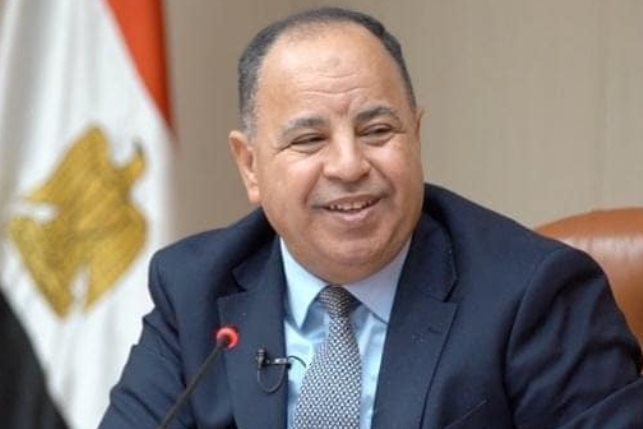IDSC launches national dialogue session on Egypt’s economic strategy for new presidential term
The session was attended by economic experts and government officials who gave recommendations for integrating the informal economy, developing technical education, and creating legislation that supports the business environment to increase growth and employment

The Egyptian Cabinet’s Information and Decision Support Center (IDSC) launched the first comprehensive national dialogue session on the document “Highlighting the Strategic Directions for the Egyptian Economy for the New Presidential Term (2024-2030)” by holding an expanded workshop, under the title: Prospects for Growth and Employment.
The document outlines the government’s latest strategies and goals for President El Sisi’s new term. In the document, the IDSC identified the government’s targets for the next 6 years, including a highly ambitious $300 billion increase in its annual foreign currency inflows – close to triple the current annual numbers.
The session was attended by economic experts and government officials who gave recommendations for integrating the informal economy, developing technical education, and creating legislation that supports the business environment to increase growth and employment.
Assistant to the Prime Minister and Head of the IDSC, Osama Al Gohary, said that the strategy document is an outcome of 6 months of work, 19 workshops with 400 local and international experts, and 873 recommendations to support and grow the performance of the Egyptian economy.
The strategy has a goal of achieving an economic growth rate ranging between 6 to 8% during the period 2024-2030 possible according to the capabilities of the Egyptian economy.
The session also indicated that the strategy doesn’t only focus on raising the pace of economic growth, but also focuses on improving the quality of economic growth, making it more inclusive and diverse. As an example, the document states that the private sector’s contribution in terms of both investments and exports will reach 50% by 2030.





